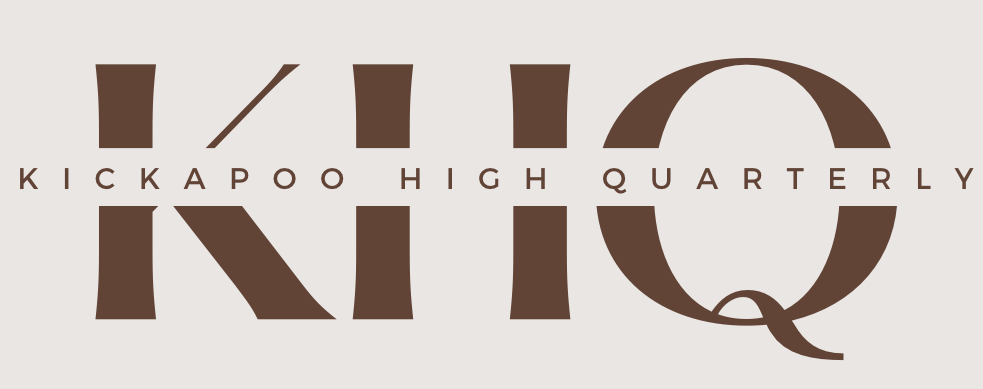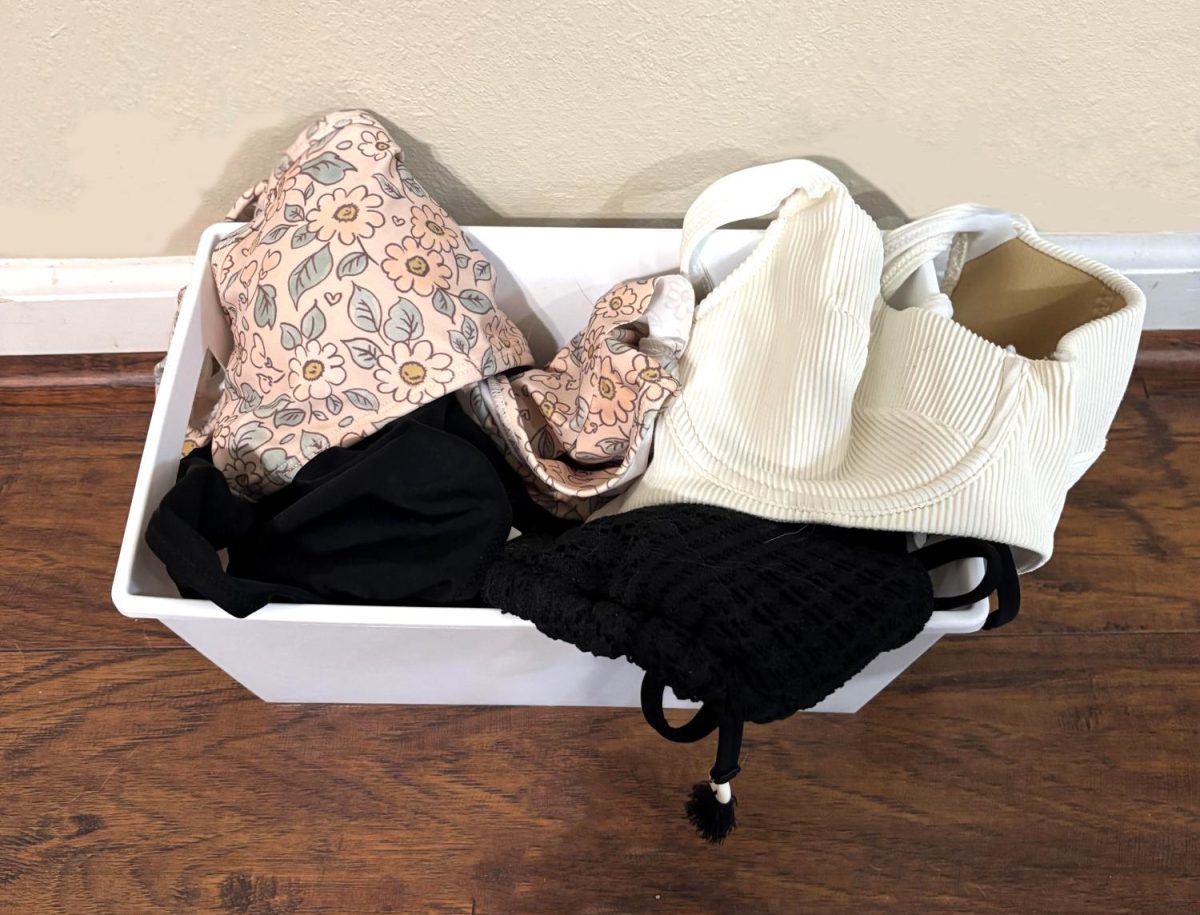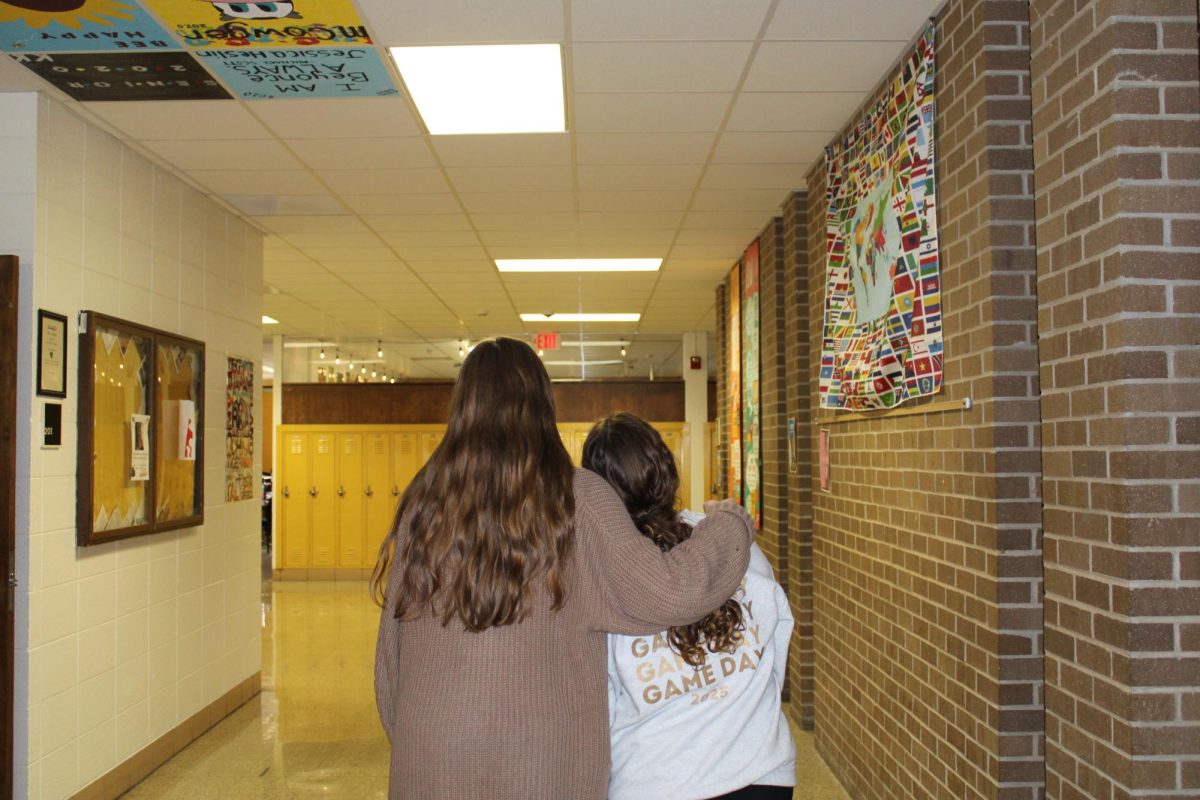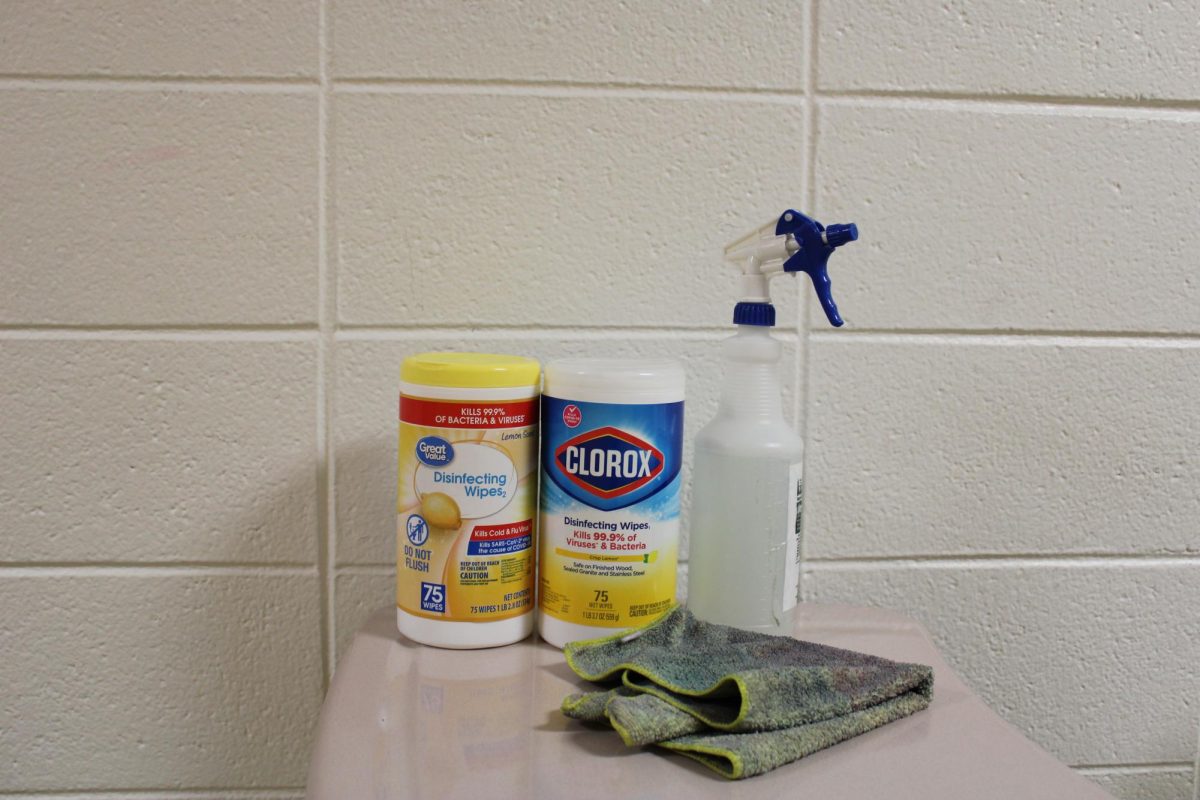From February 5 to February 19, the Spanish IV classes at our school sold over 200 bracelets in support of Nicaraguan and Guatemalan artists.
This two-week event is called the Pulsera Project, a non-profit organization that connects schools across the nation with Central American countries. Students get to sell handmade bracelets from Nicaragua and Guatemala, sending every penny back to the artists.
Junior Corey Mear outlines the benefits that come from this project.
“The Pulsera Project is a project that’s kinda based around supporting those who are impoverished and in need in some Central American countries, specifically Nicaragua and Guatemala. It helps give them benefits like scholarships, housing benefits, law services, healthcare, housing, all that different good stuff,” Mear said.
The Pulsera Project started in 2009 and has since raised over $6 million, $10,000 coming solely from our school. Junior Warren Wheeler elaborates further on why this project began.
“There was a group of college kids who were going on a hiking trip in Costa Rica and they realized how bad the poverty was and decided once they came back that they were going to do something about it and it ended up being the Pulsera Project,” Wheeler said.
In the years following, more and more schools have taken part in this project, familiarizing themselves with Nicaraguan and Guatemalan culture.
“We actually have a poster and on the back of it, every school that it goes to has the chance to write a message to any future schools that it goes to as well as where they’re from. There’s people from Louisiana, Michigan, New York, Missouri, Kansas, Texas, all over the country,” Mear said.
After selling over 200 bracelets just this semester, Mear and Wheeler have discovered a growing passion for the Pulsera Project and its mission.
“Initially this was just brought on to us as a Spanish IV project, but we started contributing more and realizing that it was fun to interact with the people and to try and convince them to help support this cause that’s greater than us, but overall, it was mainly just to help support people here and the people in those countries,” Mear said.








